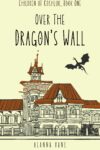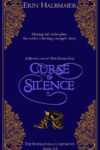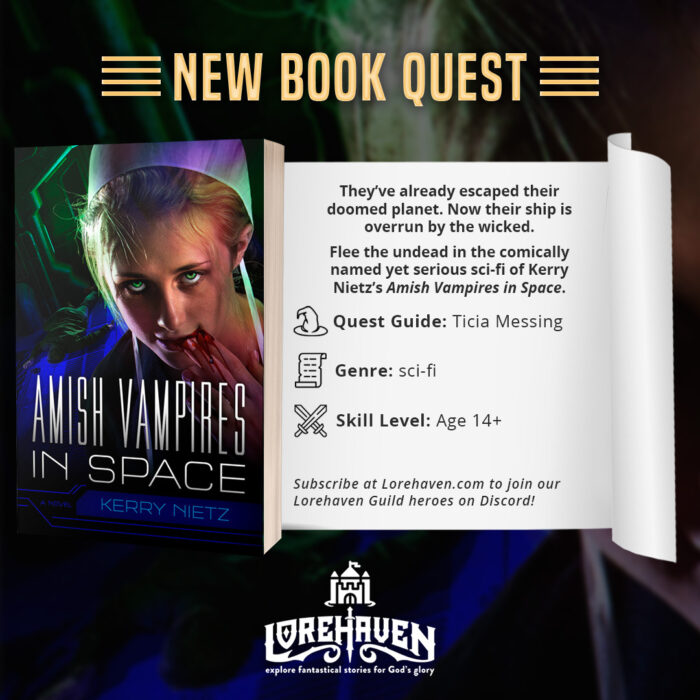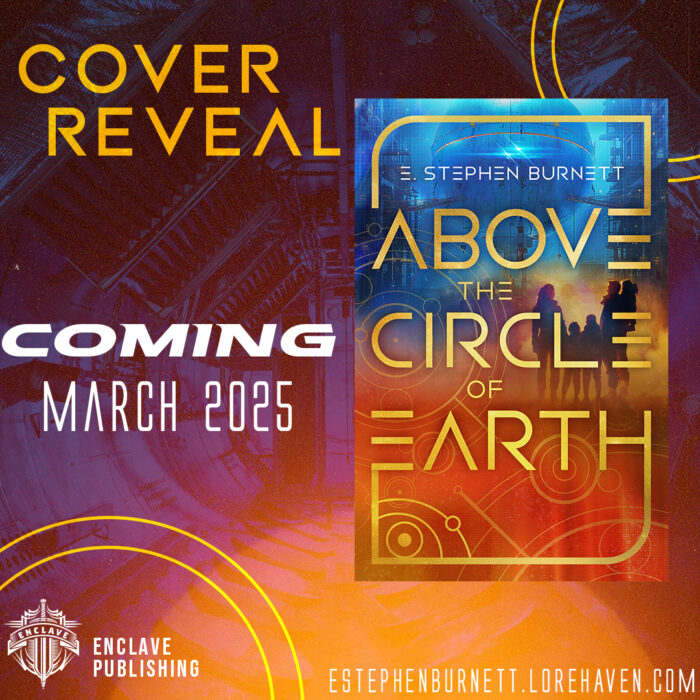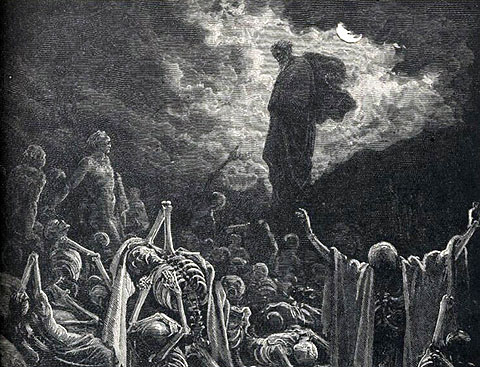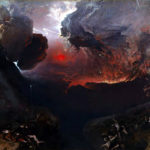Easter and God’s Earth-Shattering New Covenant
As I wrote yesterday, I just released a new supernatural conspiracy novel about the historical origin of the book of Revelation titled, Tyrant: Rise of the Beast. That means I could no longer avoid the perpetual debate over Bible prophecy interpretation. But as a researcher of ancient literature, I think I can offer some insight for Easter into the literary and poetic nature of the Biblical prophecy that is so often lost in translation to our modern western scientific mind.
I previously explained that we misinterpret the book of Revelation if we do not approach it as a text that is rooted in an ancient Jewish context of meaning. And that context is saturated in the imagery of Old Testament prophetic imagination, not modern newspapers.
Yesterday I looked at the imagery of a collapsing universe in Revelation. The modern evangelical mindset often literalizes the destruction of the earthly land and heavenly host, and misinterprets it as the end of the space-time universe, something the biblical authors never intended. Cosmic catastrophes are a biblical metaphor for God’s judgment of earthly rulers and the spiritual powers behind them, as well as a metaphor for covenantal change.
In the spirit of Easter, I want to take a look at a follow up to that judgment on sin, namely the new heavens and new earth.
Then I saw a new heaven and a new earth, for the first heaven and the first earth had passed away.1
Here, as elsewhere, John is not saying anything new to his readers. They would be very familiar with the promised new heavens and earth from Isaiah.
“For behold, I create new heavens and a new earth …”2
In our modern 21st century minds we cannot help but picture our physical universe being completely replaced. But while that physical result may be in our future, it is not primarily what the prophecy about a new heavens and earth is about. Here is what it is about: The New Covenant replacing the Old Covenant is figuratively depicted as a new heaven and earth replacing the first heaven and earth in Revelation.
First, a closer look at Isaiah 65 yields a new heavens and earth that is covenantal rather than physical. The image that the “wolf and lamb shall graze together” is a metaphor for the peace that God’s kingdom brings. But this is a peace that occurs in a new heavens and earth where there is still old age, death, the curse of sin, and even the serpent.
You read that right. Now see for yourself in the Scripture.
No more shall there be in it an infant who lives but a few days, or an old man who does not fill out his days, for the young man shall die a hundred years old, and the sinner a hundred years old shall be accursed… and dust shall be the serpent’s food.3
How is it that the ancient Hebrew could envision a new heavens and earth with the elements of the old heaven and earth still around? Because their notion of “heavens and earth” was primarily covenantal. That is, the concept of heavens and earth was a cultural meme that expressed God’s covenantal order through cosmic language.
When God established his covenant with Moses after the Red Sea crossing, it was described using the language of creation.
I am the Lord your God, who stirs up the sea… And I have put my words in your [Moses’] mouth and covered you in the shadow of my hand, establishing the heavens and laying the foundations of the earth, and saying to Zion, ‘You are my people.’”4
God establishing his covenant with his people was the equivalent of creating the heavens and earth. His covenant is the spiritual cosmos to the Jews like the physical cosmos would be to us.
If “heavens and earth” is a biblical metaphor for the covenant, then the destruction of the earthly form of that covenant, the temple, would be described as the destruction of the heavens and earth. Notice in this Scripture how the destruction of the first temple in 587 BC is described as an inversion of the creation in Genesis 1 by returning to the pre-creation chaos of Genesis 1:1 (“Without form and void.”)
I looked on the earth, and behold, it was without form and void; and to the heavens, and they had no light. I looked on the mountains, and behold, they were quaking… I looked, and behold, there was no man, and all the birds of the air had fled… For this the earth shall mourn, and the heavens above be dark.”5
So the new heaven and new earth language in Revelation is a beautiful picture of the spiritual reality of the New Covenant kingdom of God that replaces the Old Covenant “heavens and earth.” A real kingdom, but a spiritual one that exists now within our cursed world (Isaiah 65). And it builds toward the eventual elimination of sin, death, and suffering by God’s own intervention (Revelation 21:4).
This is why the prophet Haggai predicts the coming New Covenant through Yahweh saying, “Yet once more, in a little while, I will shake the heavens and the earth” (Haggai 2:6).
The writer of Hebrews explains that that shaking of heavens and earth is not a literal destruction of the physical cosmos, but rather an image of an imperfect Old Covenant Jerusalem and temple being destroyed and replaced by a perfect New Covenant with new heavenly Jerusalem and temple in Jesus that will never be shaken again. Hallelujah!
This phrase, “Yet once more,” indicates the removal of things that are shaken—that is, things that have been made—in order that the things that cannot be shaken may remain. Therefore let us be grateful for receiving a kingdom that cannot be shaken.6
Of course, this is only the tip of the holy mountain of biblical symbolism used by John in the book of Revelation. If you want to dive into more exploration of this ancient Hebrew worldview, I’ve written a companion book for the novel. It’s called End Times Bible Prophecy: It’s Not What They Told You.
Check out the novel Tyrant: Rise of the Beast here.







